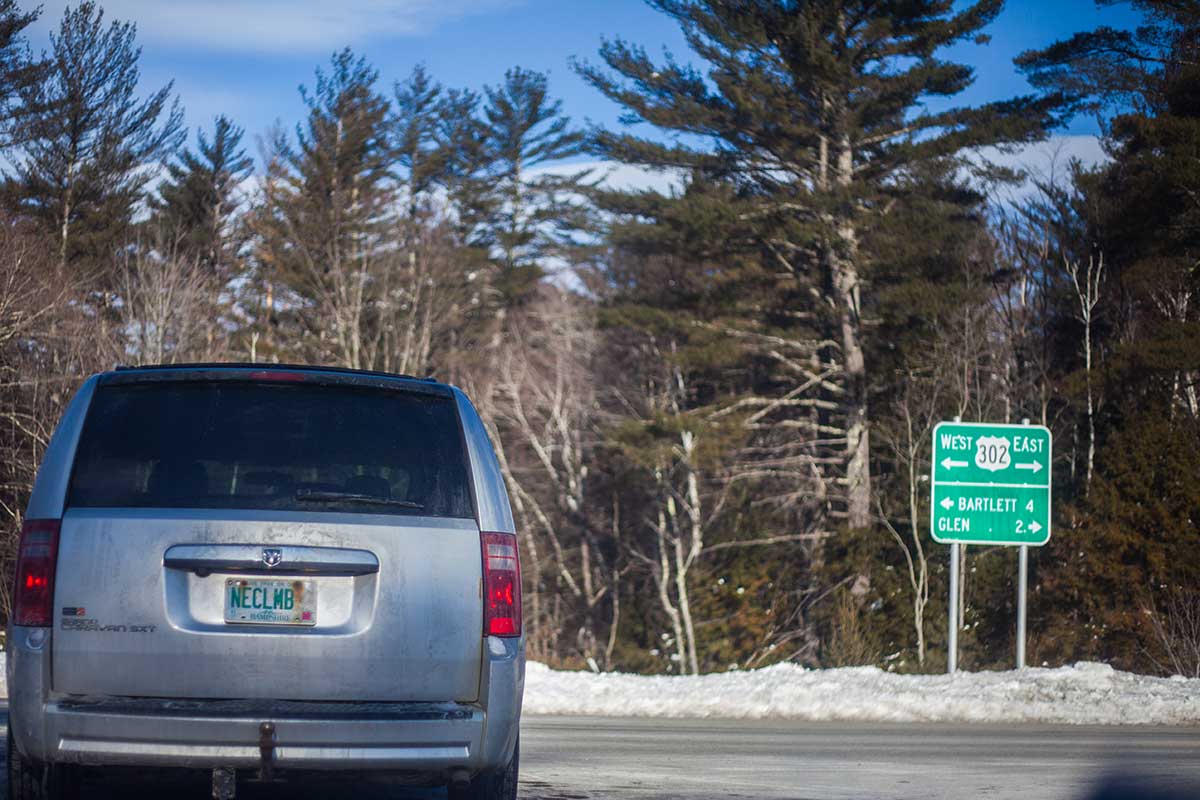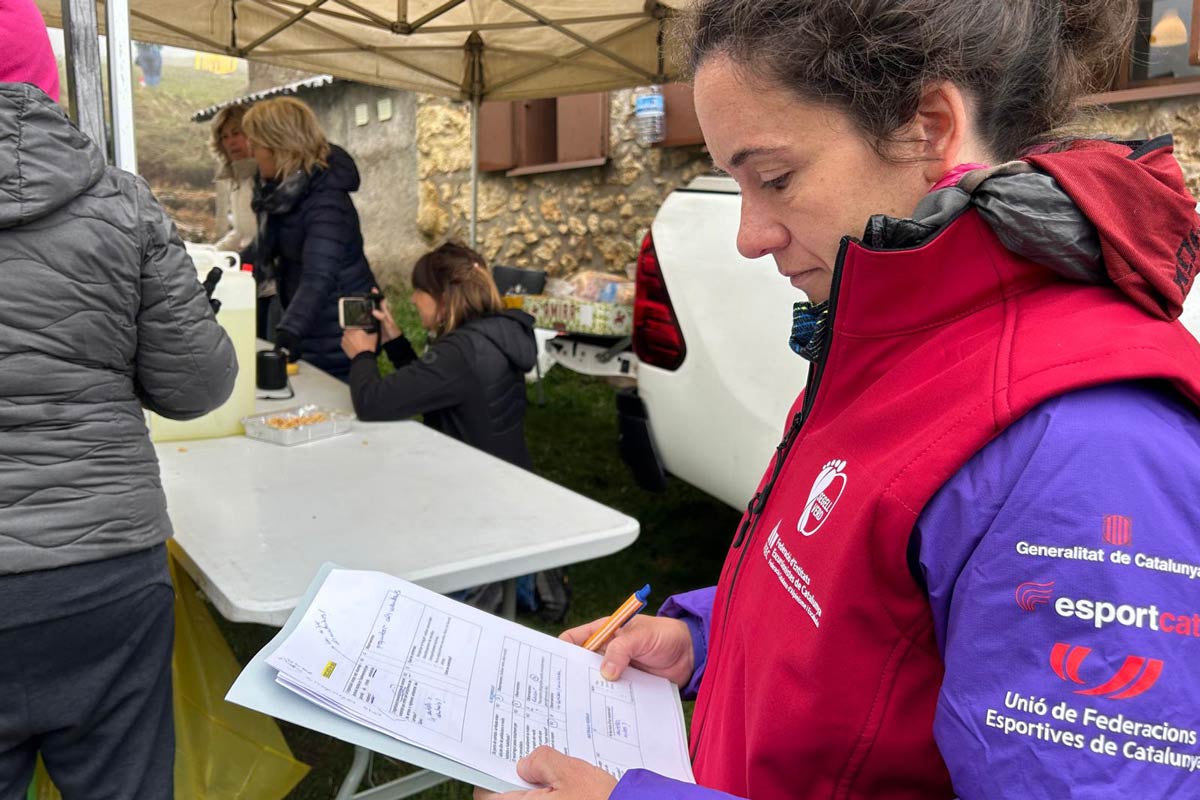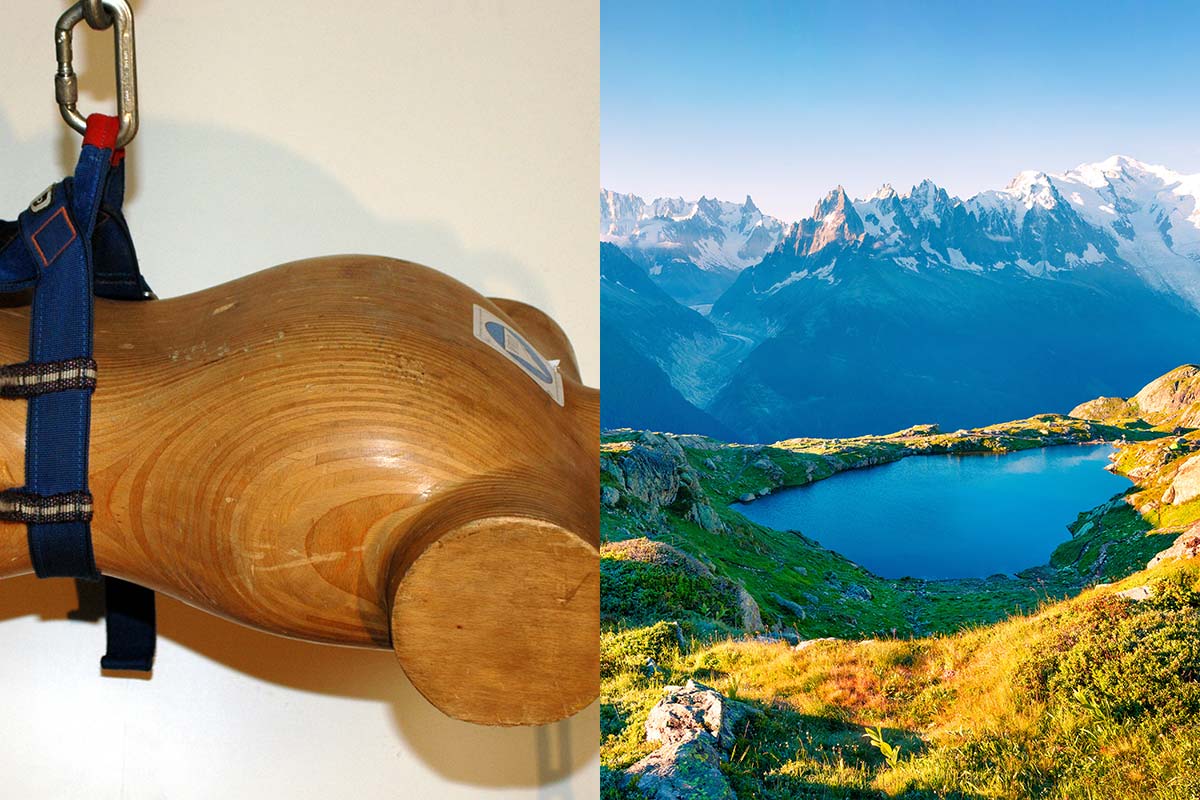2018 Nominee
PROJECT INFORMATION
NEW ENTRY
Project Status: January 2017 – March 2019
Location: Golden, CO, United States.
Email
GOALS AND OBJECTIVES
The Mount Washington Valley (MWV) in New Hampshire, United States, is a historically important location for the popularization and advancement of ice climbing, where piolet traction was employed to climb vertical ice walls as early as 1970. Today, the MWV is home to a robust ice climbing community where guides work year-round. This is one of the few places where this is possible in the US. However, the long-term viability of ice climbing, guiding, and associated tourism in this region is in question given observed and projected effects of warming winters. Critically, although impacts of climate change on winter snowpack and the ski industry have been studied on regional, national, and international scales, no one has evaluated potentially significant impacts on ice climbing.
The overarching goal of our project, Yankee Ice, is to educate guides and their clients about the impacts of warming winters on ice climbing and winter sports economies. Guides serve as trusted messengers who work in the areas most sensitive to climate change. They are influencers who facilitate powerful, often transformative, outdoor experiences for people who are politically and financially powerful, often within these sensitive areas. Therefore, they are uniquely positioned to help move the needle on climate change acceptance and action among those who value healthy, sustainable mountain areas.
Our objective is to communicate these impacts through a scientific publication and high-quality visual storytelling. Our initial research, which we aim to publish in early 2019, identifies changes in the annual variability of ice walls. We will submit our work to the peer-reviewed journal Regional Environmental Change. In conjunction with the release of this publication, we will release a short documentary which focuses on the impacts of changing winters on ice climbing in the MWV. It also aims to promote local recreation as a promising option for rewarding, less carbon-intensive winter recreation. Framed in this way, our communication strategy provides both critical information about the effects of climate change on mountain recreation as well as an empowering message about how individuals can be proactive in reducing their own impacts.
Finally, we will integrate the results of our research and climate communications best-practices summarized in “The Psychology of Climate Change” by Columbia University’s Center for Research on Environmental Decisions to develop a short ‘climate communication’ brief for professional mountain guides. We intend this to support our goal by providing it to guides through professional organizations like the International Federation of Mountain Guides Associations (IFMGA) and American Mountain Guides Association (AMGA).
RELATIONSHIP WITH LOCAL COMMUNITIES
Most importantly, our work will provide the local community with robust scientific information about the probable effects of climate change on ice climbs in the MWV. Promotion in our media may also provide a boost to tourism in the area.
We depend on MWV mountain guides. Over the past eighteen years, a guide named Al Hospers operated a weekly ice climbing conditions report for the MWV. Previously, repeat photographs have been used to assess the development of individual ice walls over the course of a winter season. We applied these techniques to Mr. Hosper’s archive to establish the variability of ice walls over multiple seasons and correlate this variability to local climate records to develop projections for season length with predicted future warming. We pair these projections with results of a survey of professional mountain guides, aimed at assessing the economic, social, and personal dimensions of employment as an ice climbing guide. By integrating these analyses, we aim to highlight the nature of changes to the ‘ice resource’ in the near- and long-term, what the implications are for guide’s livelihoods, and develop a framework for adaptation. This framework may be used by individuals and businesses to begin formulating responses to dramatic environmental change forecasted for the region.
From the perspective of tourism, our work will benefit the community by offering guide outfits and local businesses promotion with potential clients. For our documentary, we interviewed approximately ten guides, including business owners who employ approximately 50 ice climbing guides across the MWV. Our work will prominently feature the MWV Ice Fest, the largest community organized ice climbing festival in the Northeastern US. By sharing word of these companies and the Ice Fest through our media partnerships, we may drive interest in tourism in the MWV.
While we believe this will be a positive development for the MWV, we intend this project to ripple far beyond its edges. There are ice climbing communities in nine states outside the Northeast – and many more internationally – equally threatened by climate change. We want this work to bring attention to the challenges posed by climate change and opportunities for sustainable development in mountain communities around the world.
COLLABORATION WITH LOCAL AUTHORITIES
We collaborate with local guides as noted above. Currently, we do not partner with local, regional, or federal government in any way. However, we have developed important relationships with regionally and nationally significant educational and non-profit institutions.
First, we have support at the University of New Hampshire (UNH) and at the University of British Columbia (UBC) as one member of the research team sits at each institution. Dr. Elizabeth Burakowski, a research assistant professor in the Institute for the Study of Earth, Oceans, and Space, is responsible for correlating ice climbing season length estimates to relevant climate records. Graham McDowell, a PhD student at UBC, specializes in climate change adaptation in glaciated and high-mountain regions, and will assist in analyzing the survey results within the context of adaptation to these changes.
Additionally, the UNH Sustainability Institute provides research support with access to survey platforms and IRB support, library resources, and modelling/statistical software. In turn, we promote the research agenda of the Sustainability Institute by studying climate change impacts on a mountain community in the New England region.
Three large non-profit organizations with an international audience support the project: the National Geographic Society, Protect Our Winters, and the American Alpine Club. The National Geographic Society provided the seed grant for this project and continues to provide access to “Voices” blog. Protect Our Winters and the American Alpine Club have agreed to share our results on their social media and online platforms when we release our materials. We will engage the climbing and winter sports community directly through these channels.
BEST PRACTICES IN MOUNTAINEERING AND MOUNTAIN-BASED SPORTS
Our project goes beyond business as usual because it is interdisciplinary research on winter recreation, the results of which are framed to encourage more sustainable community behaviour.
This is the first project to document the risks of climate change to a climbing community. We accomplish this through interdisciplinary expertise: by examining physical records of climate, evaluating the social impacts of warming winters, and integrating these analyses into an adaptive framework. Similar work has been completed for the ski industry but largely focuses on high-cost adaptation strategies at the resort-scale (e.g. snow-making, investment in infrastructure at high elevations). The suggestion of adjusting travel habits for the purpose of skiing is rare, even though this behavior undermines the industry in the long term. We address this contradiction in our documentary.
We argue that local recreation has benefits beyond climate change mitigation. This argument has three pillars. First, guided recreation is an investment in local climbing communities. Money spent in these communities provides income for guides, their families, and the businesses which support them. Second, climbing near home develops rich mountaineering experiences. As one guide posited, “local adventures are the coolest adventures,” because everyday landscapes serve as a constant reminder of them. Third, choosing to ‘climb local’ is a behavior consistent with an ethic of environmental stewardship that many clients, guides, and climbers already value.
Finally, we establish a research framework for other grassroots studies. It could be replicated with historical repeat photography of ice climbs at other locations or serve as the basis for future conditions monitoring in this region.
PROJECT MANAGEMENT
The project is split into two teams; research and media. Overall the project is coordinated by Jimmy Voorhis, the original grantee for the National Geographic Young Explorer’s grant. The research team consists of Dr. Burakowski, Mr. McDowell, and Mr. Voorhis. The media team consists of Ross Henry, a co-grantee on the National Geographic work, and Mr. Voorhis.
Based on past experience and current commitments of the research and media teams, the target date for our publication and the release of our documentary is mid-March 2019. To date, the research team has analyzed season-length impacts using climate analogs and conducted a broad survey of guides about their livelihoods and observations of conditions. The media team has interviewed guides and local business owners, filmed guides working, collected b-roll footage, and written a storyboard for the project.
Our seed funding ($2750) came from a National Geographic Young Explorer’s Grant. We are now hosted by the University of New Hampshire Sustainability Institute, provides research support but no financial backing. We seek $3000 + tax to cover open-access publication fees to our target journal, Regional Environmental Change, $1500 to cover expenses related to additional filming, and $500 for entry fees at film festivals.
OPPORTUNITIES FOR VOLUNTEERS
Guides are some of the most visible stewards of mountain areas. Our project primarily supports mountain stewardship by supporting guides. In the MWV, our work will provide them information about current and future changes to the ‘ice resource’ they rely on. As discussed previously, this information may help guides adapt their business practices for the future. If guides adapt, they will continue to be an important part of the social fabric of the MWV.
Additionally, we support stewardship by facilitating discussions on the impact of climate change on mountain environments between guides and their clients. Our climate communications brief will assist guides to frame discussions while in impacted environments – for example, on a receding glacier. In this context, guides can encourage clients to observe climate change’s impacts, making them immediate, local, and personal. Some clients will be open to discussing what it means to be a good environmental steward. When properly inspired, these clients can wield their personal, professional, and political networks to action – to reduce their impacts and cultivate an ethic of mountain conservation.
Finally, we promote a ‘climb local’ mentality in support of mountain conservation through mitigation of individual impacts. Behavioral change in support of mitigation is a cascading influence: the more individuals act to reduce their impacts, the more they are aware of their impacts.
HOW WE COMMUNICATE
Our communication strategy focuses on guides, their clients, and the general public interested in outdoor recreation. Our documentary and publication will be disseminated by three media partners: the National Geographic, the American Alpine Club, and Protect Our Winters.
The National Geographic provides access to their Voices blog, a platform for Explorers to share their work. Mr. Voorhis will write several blog posts promoting our content. The American Alpine Club and Protect Our Winters will share our content through their social media channels (Facebook and Instagram) using photos and video curated by the media team. These organizations offer a direct line to climbers, including those who have or are interested in hiring professional guides.
We will also submit our work to major outdoor film festivals including Banff, Mountainfilm, and the Adventure Film Festival. If accepted, our work will be showcased at these events and shown to our target population all over the world.
We consider the UIAA’s visibility, reputation, and traction with organizations such as the IFMGA and AMGA to be invaluable to our goal of disseminating information to professional mountain guides. Specifically, we intend to leverage connection to these organizations to improve the ‘climate communications brief’ and make it maximally useful for professional mountain guides. The UIAA’s support in this endeavour, especially in the context of the MPA, would bring our project to the next level.
RETURN TO 2018 UIAA MOUNTAIN PROTECTION AWARD PROJECT PAGE



